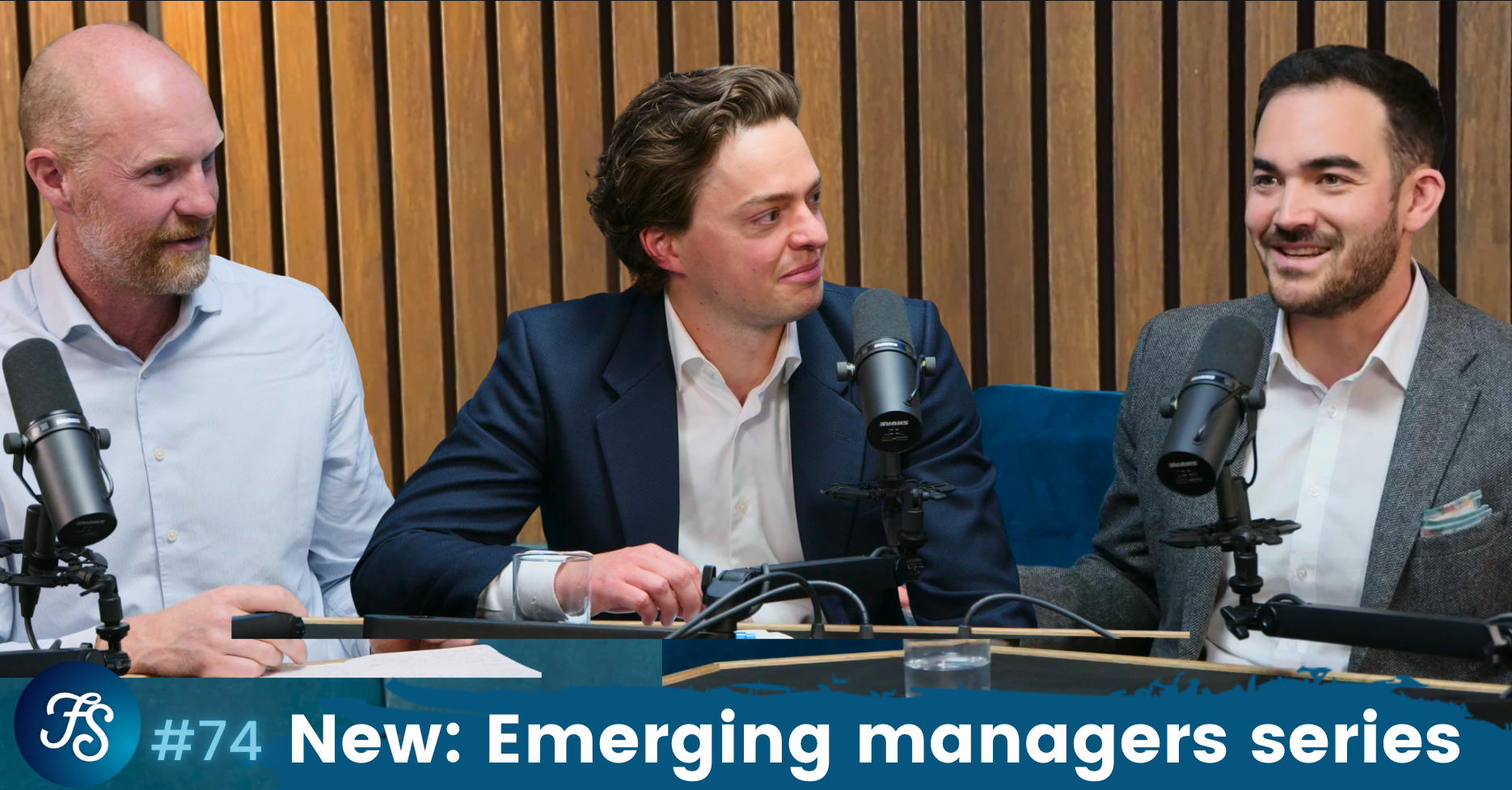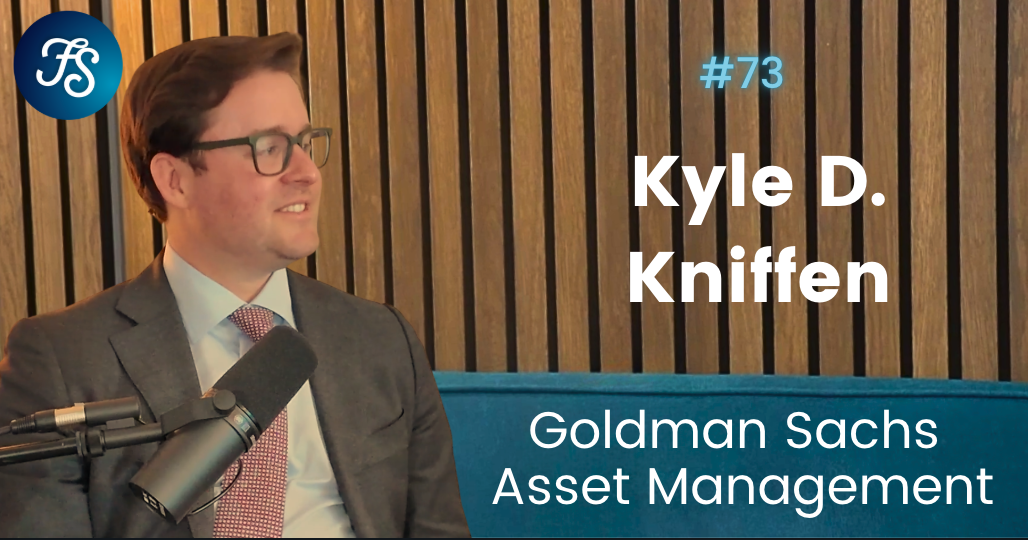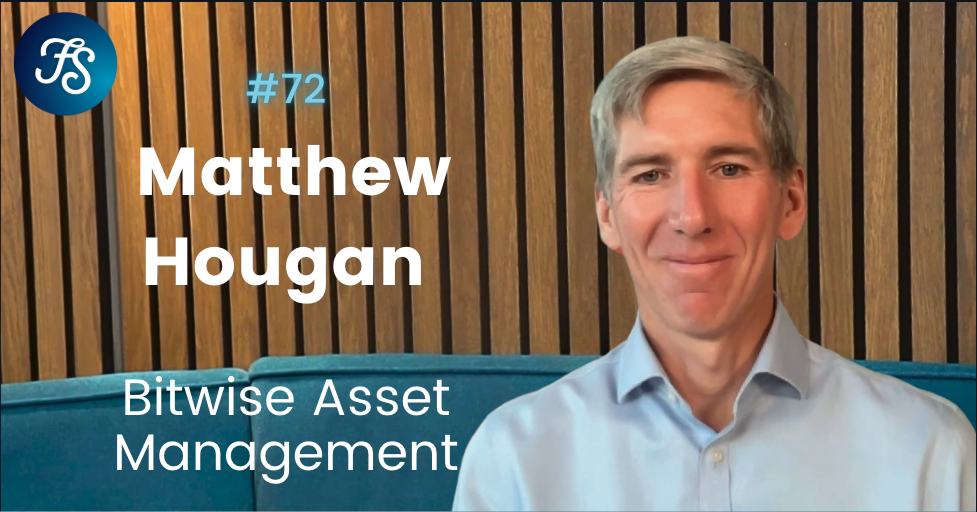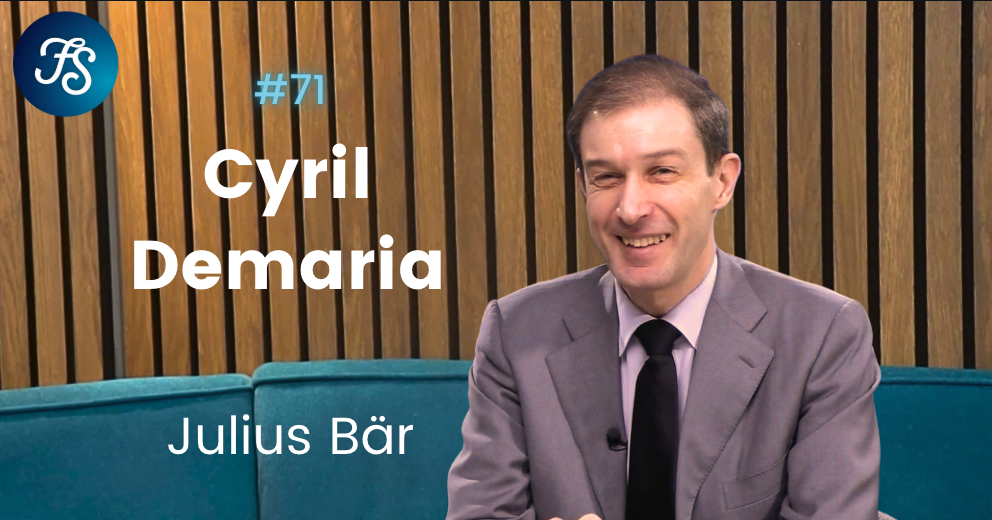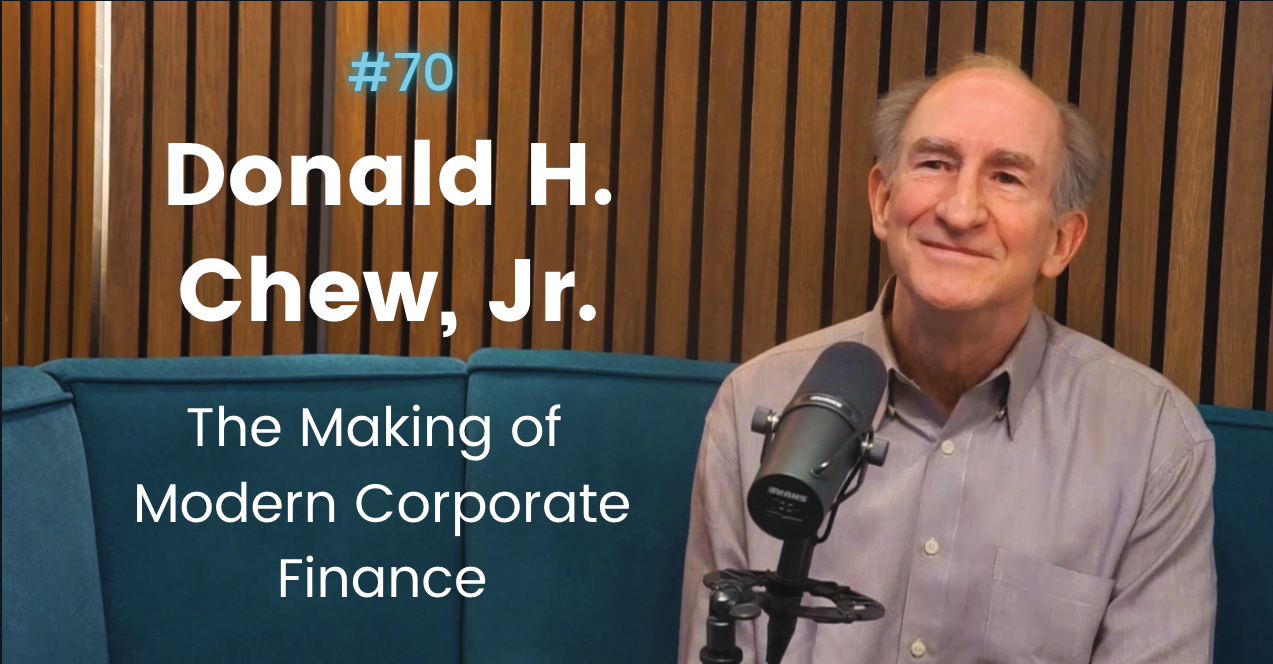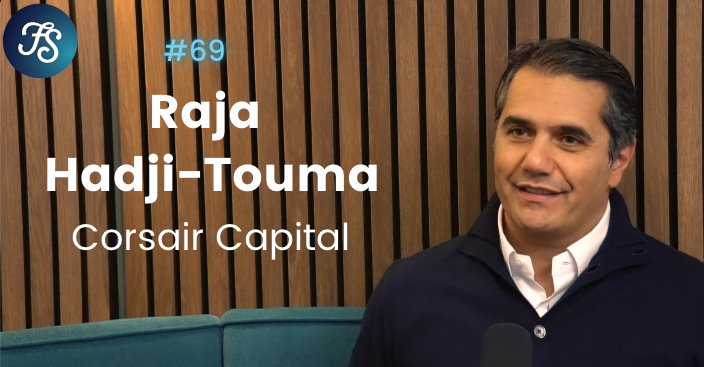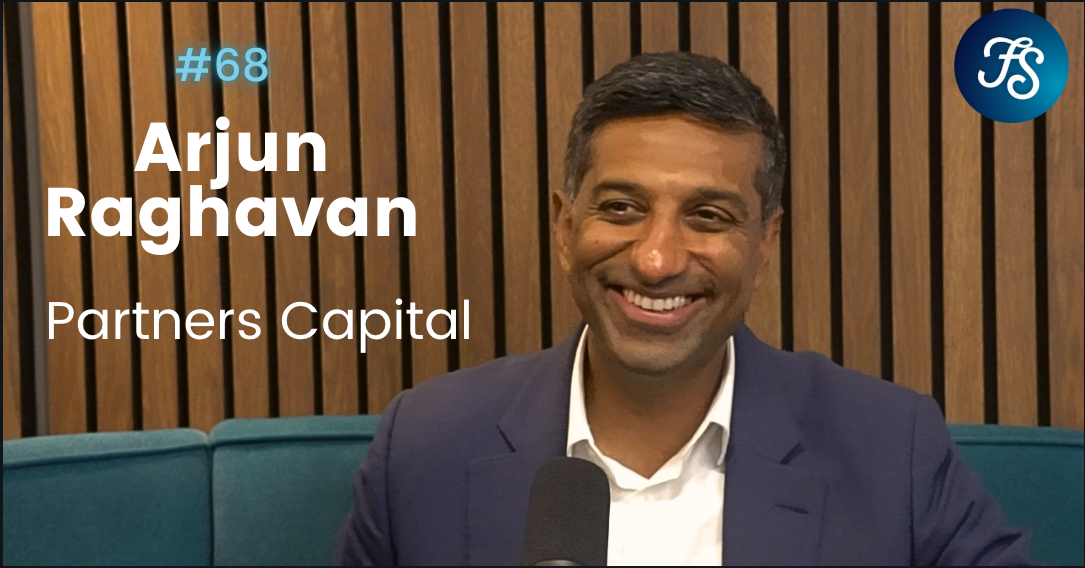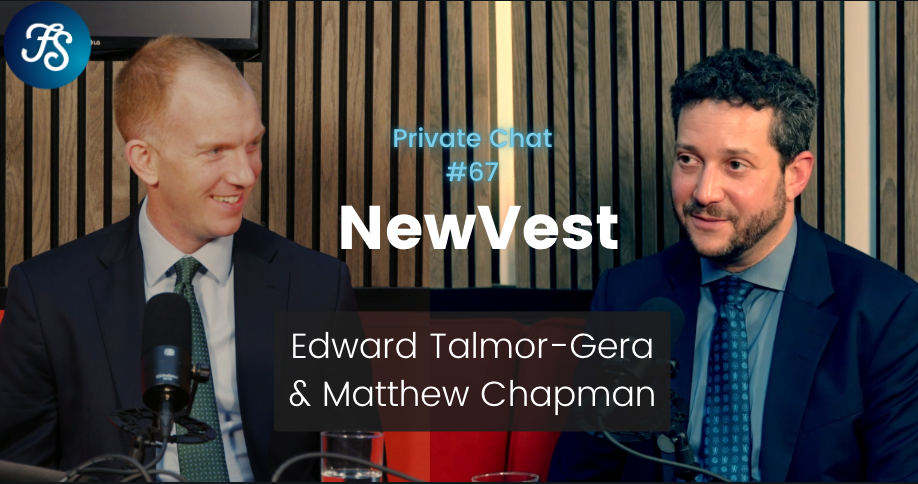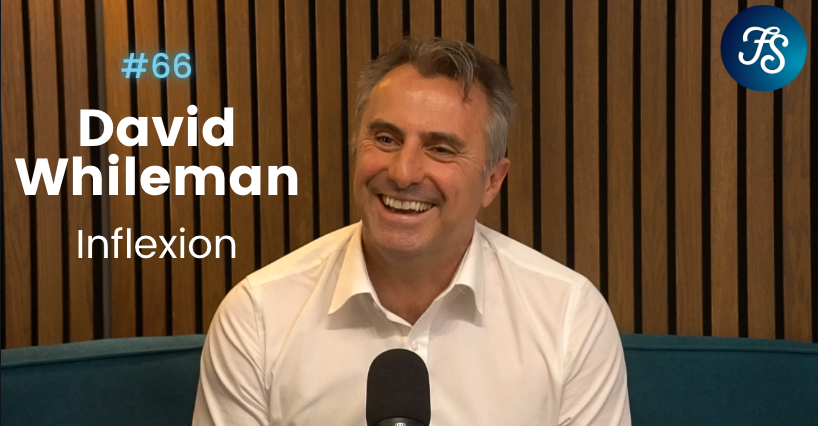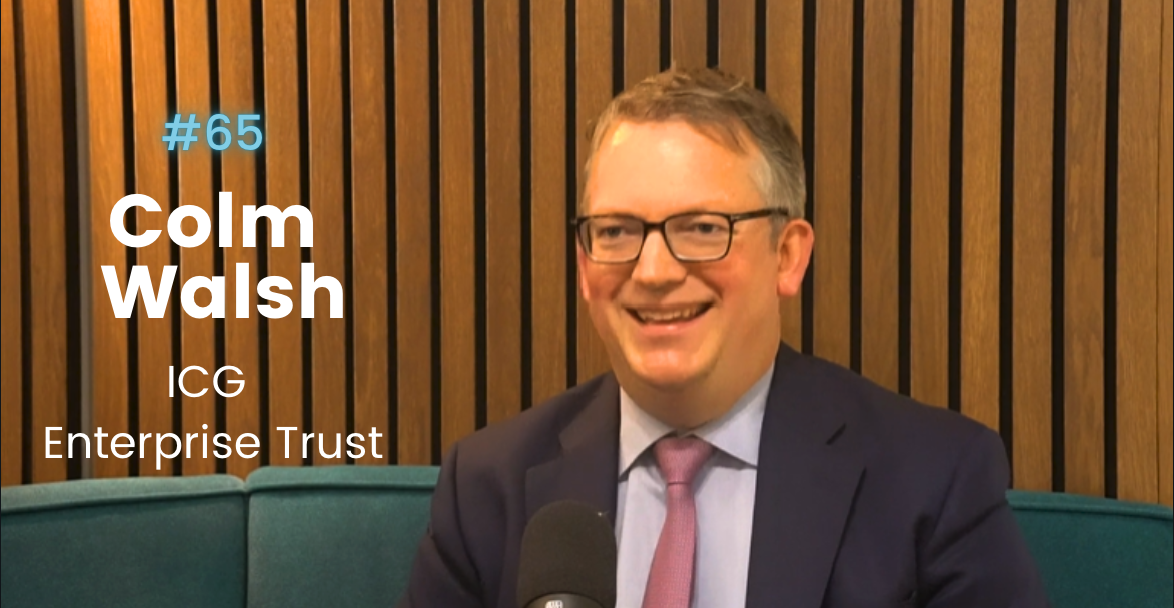Emerging managers: what it takes | Kim Pochon, Unigestion & Joe Briggs, BCF | Ep 74
Ross Butler speaks with Kim Pochon, Global Head of Primary Investments at Unigestion, and Joe Briggs, Founder of BCF for this launch episode of Fund Shack’s Emerging Manager Series.
What drives experienced professionals to leave established firms and launch new platforms? How do LPs assess the viability of emerging teams? And why the earliest decisions—on team structure, alignment, and strategy—can determine long-term success or failure.
Why “Emerging Manager” Is a Misnomer
Most “emerging managers” are highly experienced professionals. They are not new to investing, but new to firm-building. And while the term may not resonate with GPs themselves, it has real weight in the LP ecosystem, where it defines eligibility for dedicated programs and mandates.
Why LPs Value Early Access
Backing a first-time fund is not just about returns; it’s about relevance and franchise value. Early LPs often benefit from enhanced access, strong alignment, and deep relationships that persist long after the first fund closes. In many cases, Unigestion now co-invests or partners with these managers on continuation vehicles and secondaries—a long-term payoff for early conviction.
The Rise of Independent Sponsors and Hybrid Models
The deal-by-deal model—often called independent sponsorship—has flourished as a path to proof for aspiring GPs. Especially in Europe, emerging teams start with individual transactions, then evolve into structured vehicles. Joe Briggs highlights the growing hybrid space: mini-funds and “short-duration funds” that offer speed, alignment, and stepwise scalability before raising an institutional flagship.
Team Dynamics: The Make-or-Break Factor
The biggest risk in early-stage private equity isn’t deal flow—it’s the people. Joe and Kim stress that LPs are not just investing in a strategy, but a partnership. Decision-making processes, equity splits, and even how teams handle setbacks are all scrutinised.
Culture, Conviction, and the Push to Spin Out
So why do seasoned professionals walk away from high-paying roles? You’ll have to watch to find out…
Know Your Why
The most compelling emerging managers are those who can clearly articulate the value they bring—not just for themselves, but for LPs. As Briggs puts it, emerging GPs must “know why they deserve to exist.” That clarity, combined with operational discipline, is what separates scalable franchises from short-lived experiments.
———————————————————————
Subscribe now to unlock expert interviews!
LinkedIn Spotify Apple Podcasts YouTube Google Podcasts Amazon Music PlayerFM
Contact Information:
About Fund Shack:
Fund Shack is a private equity podcast and global media channel for alternative investment professionals. Fund Shack is produced by Linear B Group.
Contact:
Katie Mitchell
Email: katie@linearb.media
Company: Linear B Group
Hashtags: #PrivateMarkets #PrivateEquity #PrivateCredit #Emergingmanagers
Subscribe Now on your preferred platform to gain expert insights into private capital.
- LinkedIn: Fund Shack LinkedIn
- Spotify: Fund Shack on Spotify
- Apple Podcasts: Fund Shack on Apple Podcasts
- YouTube: Fund Shack on YouTube
- Amazon Music: Fund Shack on Amazon Music
- Audible: Fund Shack on Audible
Contact Information: About Fund Shack: Fund Shack is a private equity podcast and digital media channel for alternative investment professionals. Fund Shack is produced by Linear B Group Limited.
